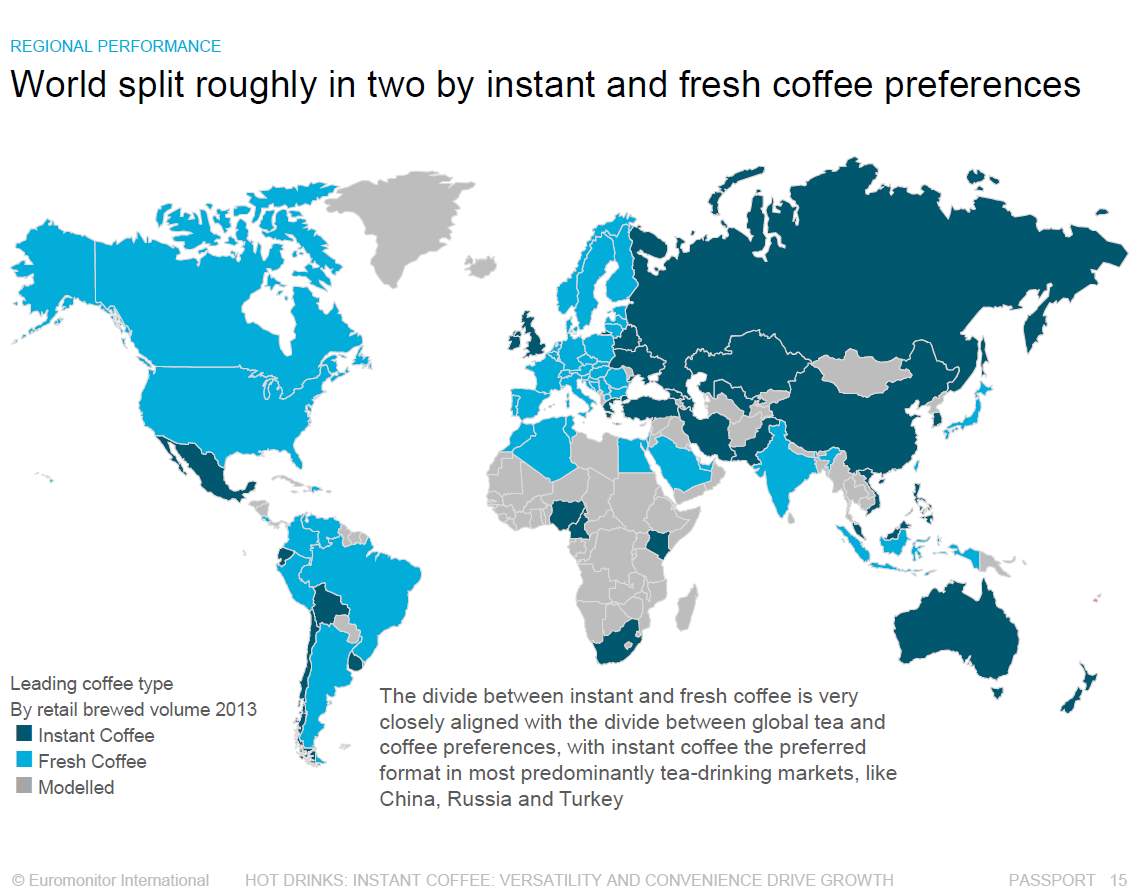| Coffee grown in Brazil |
Arabica
|
Robusta
|
|
Taste:
|
Sweet, Fruity
|
Grain-like, Nutty
|
Acidity:
|
More acidic
|
More bitter taste
|
Caffeine Content
|
0.8% - 1.5%
|
1.7% - 4.0%
|
Growing Altitude
|
Higher altitude
|
Lower Altitude
|
Yield per tree
|
~500g per year
|
~1kg per year
|
Susceptibility to Disease
|
High
|
Low
|
We often hear that Arabica is of higher quality than Robusta. Although the price might indicate that, from our experience, we believe it comes down to personal preference instead:
a. Someone who needs his shot of caffeine might find that a pure Arabica blend does not have the "kick" he needs.
b. Pure Robusta blends might be a bit too bitter for some.
Before looking at factors like the roast or origin of the beans, it is important to first decide whether Arabica or Robusta suits your tastes better.
